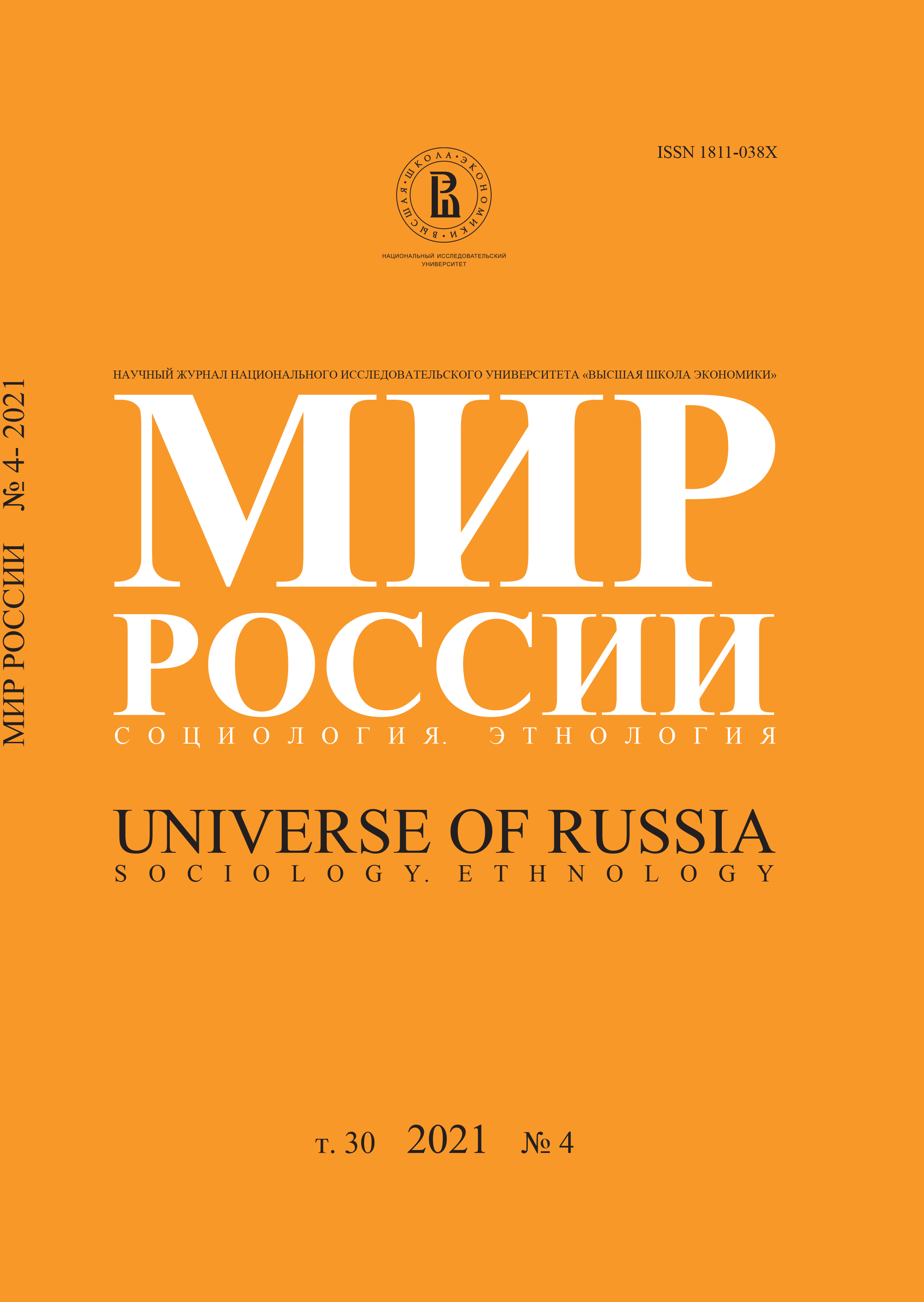The Motivational Structure of Healthcare Professionals in Russia
Abstract
This study focuses on the motivational structure of healthcare professionals, the role of their motives, intentions, incentives and satisfaction with various aspects of their work, and their connection with the motive of compassion. Special attention is paid to identifying the stability of the motivational structure over time and in relation to control factors such as status, regional, organizational and qualification affiliation, as well as the gender and age of healthcare professionals. For each component of the motivational structure, a set of its measurement indicators is proposed. Maslow’s hierarchy forms the basis for identifying work motives-incentives. Two groups of external motivating factors are identified: (1) equal conditions for improving professional activity and (2) the means for activating internal resources. The factors of work satisfaction and dissatisfaction are identified using Herzberg’s theory. To test the hypotheses regarding the internalization of norms set by incentives and the factors of work satisfaction, provisions from self-determination theory were applied.
Empirically we draw on data from three repeated sociological studies conducted in the same three regions of Russia in 2014–2018 funded through the program for fundamental research at HSE University. The findings reveal the sustainable reproduction of each of the components of the motivational structure: an interesting job in terms of the content and a fair wage. The manifestations of achievement motivation are only marginally significant, as is the expected self-determination of leading incentives for good work and the factors of work satisfaction. The motivational structure of public healthcare professionals was thus characterized as conservative. The motive of compassion is becoming more and more scarce, but as the analysis shows, it is a reliable factor in arranging constructive practices in relations with patients.






